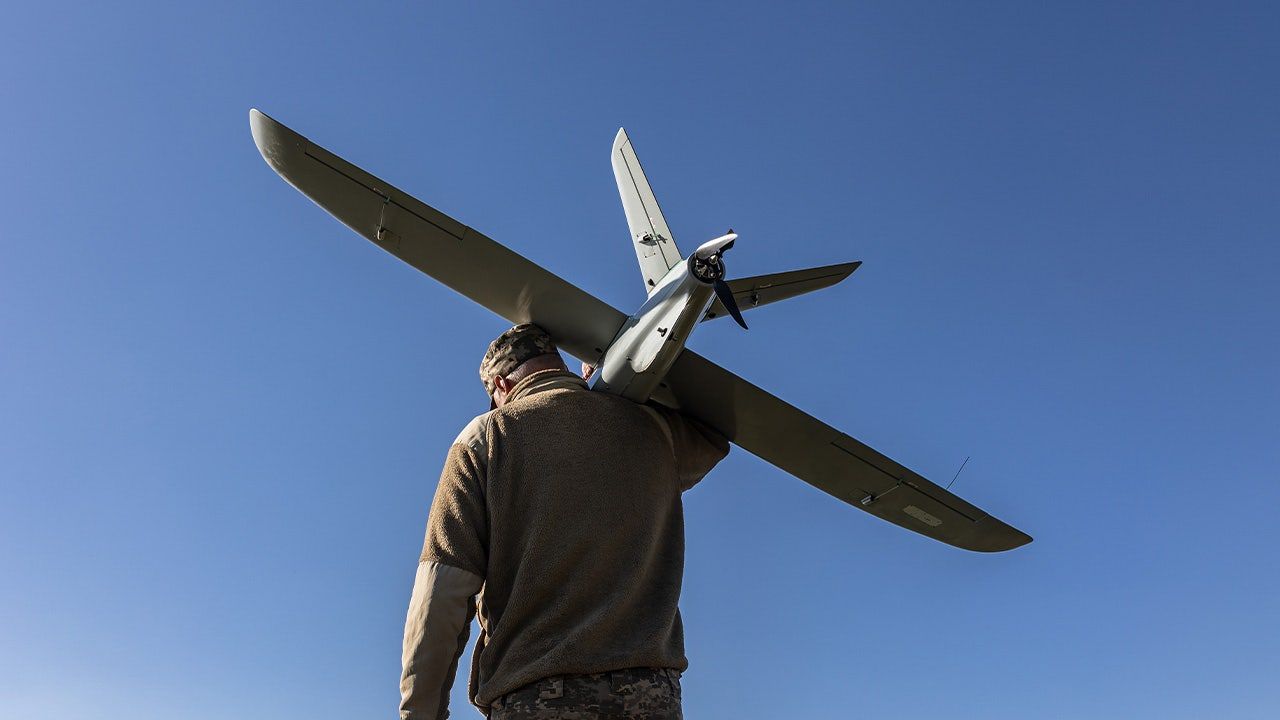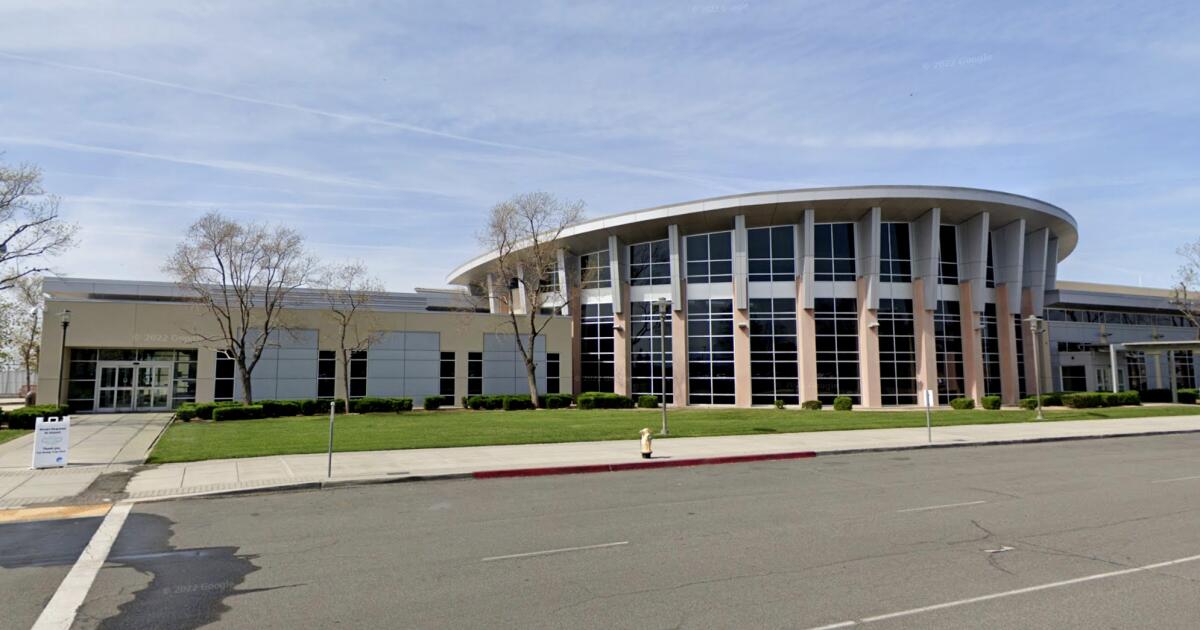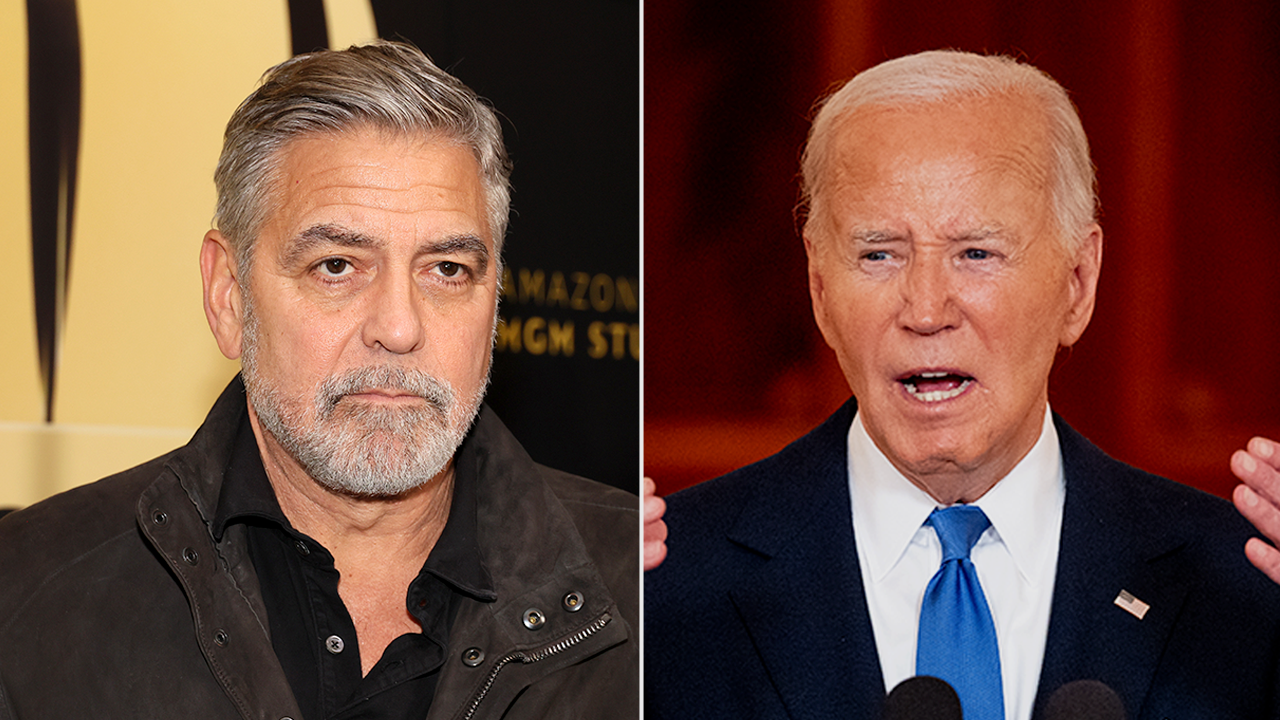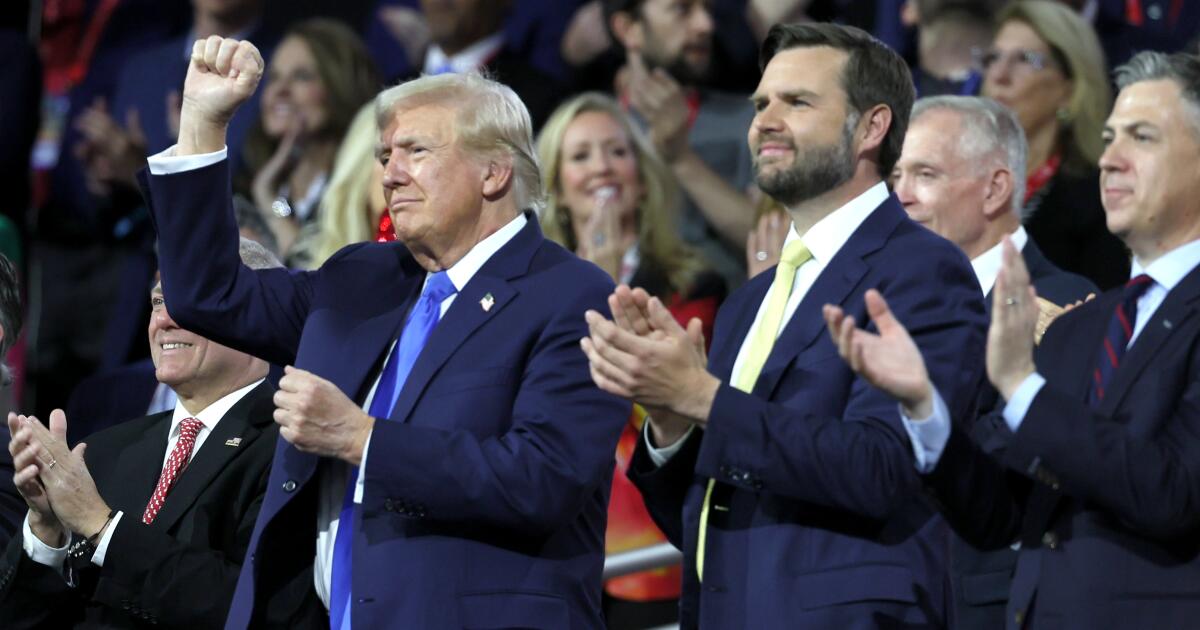Claims made this week by the head of technology development at Russia's Defence Ministry suggesting that Moscow is “ahead” in the artificial intelligence (AI) race that erupted amid the war in Ukraine are being debunked by a leading expert.
General Vasily Elistratov, the Kremlin's head of artificial intelligence development, said Wednesday at a military-technical forum in Moscow this week that Russia is “ahead of our foreign partners” despite “attempts to isolate us on a technical level.”
Russia's invasion of Ukraine, now more than two years old, has fueled an AI race as kyiv, Moscow and NATO nations race to upgrade their AI capabilities for wartime applications.
Russian Defense Minister Army General Sergei Shoigu (C) checks the implementation of the state defense order for the production of unmanned aerial vehicles in Udmurtia, Russia, February 10, 2024. (Photo by Russian DM/Dmitry Kharichkov/Pool/Anadolu via Getty Images)
US, UK AND AUSTRALIA TAKE NEXT STEP IN INTEGRATING DEFENCE SYSTEMS WITH AI
But while the war has once again put the spotlight on AI-integrated defense systems, particularly with regard to the development of autonomous weapons systems, Russian President Vladimir Putin has long made AI development a top priority.
In 2017, five years before the largest war Europe had seen since World War II, Putin declared, “Whoever leads in AI will rule the world,” and by 2022, Russia had grown its AI market by 18 percent in that year alone, according to Russian Prime Minister Mikhail Mishustin.
Moscow stepped up its AI efforts last year, allocating some $54 million of its 2024 federal budget to AI investment, though that is just a fraction of the $1.8 billion the U.S. has allocated to AI in its 2024 and 2025 defense budgets.
Despite Moscow's efforts, former DIA intelligence officer and “Putin's Playbook” author Rebekah Koffler told Fox News Digital: “It's highly unlikely that Russia will be ahead of the United States in developing artificial intelligence.”
Koffler explained that from the beginning, the United States and Russia have taken different approaches when it comes to AI, and while Washington focused its efforts on technological advancement, Moscow was also focused on how it could use AI for psychological warfare.
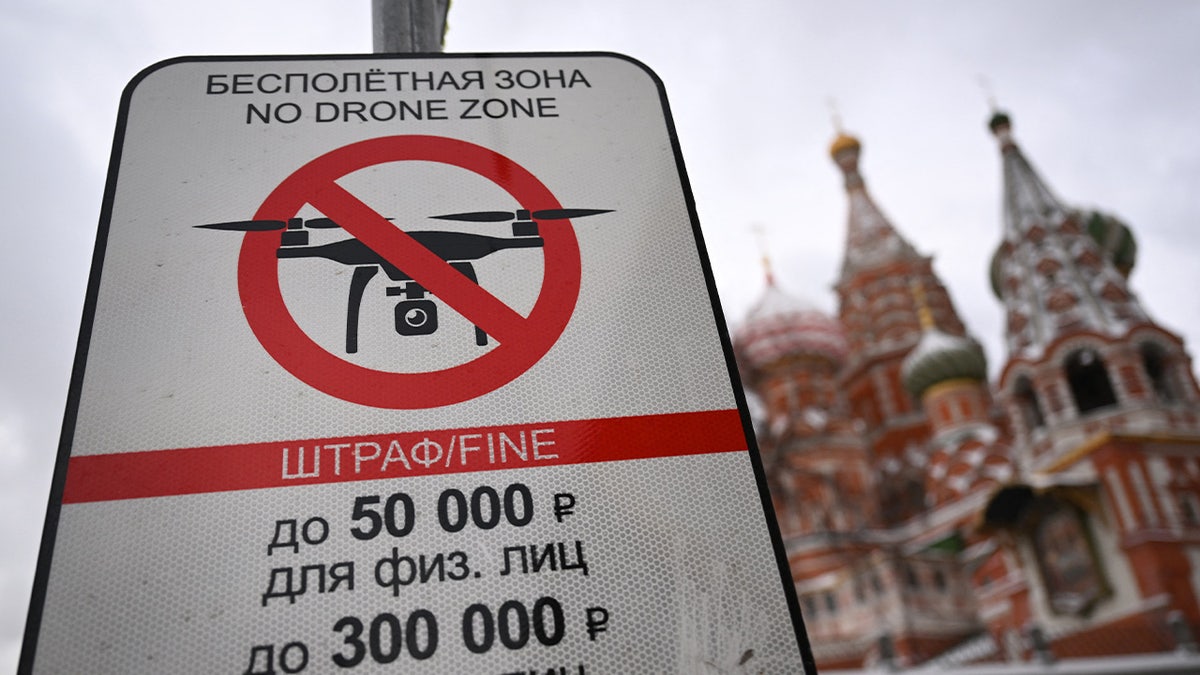
A “No Drone Zone” sign is posted in front of St. Basil's Cathedral in central Moscow as it prohibits unmanned aerial vehicles (drones) from flying in the area, January 11, 2024. (Photo by Natalia Kolesnikova/AFP via Getty Images)
'HISTORIC BREAKTHROUGH': US REMOVES DEFENSE TRADE RESTRICTIONS WITH KEY ALLIES TO COUNTER CHINA
“When a cyber attack occurs, it can not only affect the computer, but it can also have a psychological impact on the user,” he explained. “In times of war, you can disorganize forces by attacking computers.” [systems].”
Koffler highlighted the clear psychological impact Russia has had on entire populations through its use of disinformation campaigns, propaganda, digital fakes and election interference – a strategy the US and the West do not normally follow.
“The United States doesn't do that kind of thing,” he said. “That's not how we operate.”
“When it comes to Russia, it has always been there, not only for foreign audiences, but also for domestic audiences,” Koffler continued. “With the power of AI, you can spread disinformation much faster.”
This could mean that Moscow may be ahead when it comes to decision-making technologies, Koffler said, although he reiterated his doubts that Russia is outpacing the United States in any aspect of AI development.
The United States began employing artificial intelligence technologies in warfare toward the end of its war on terror in Afghanistan, in an attempt to ease the burden on U.S. and coalition forces as they tried to maintain human intelligence networks on the Taliban amid troop drawdowns.
From the beginning, human oversight has played a major role in how the United States and its Western allies approach the “responsible” employment of AI in times of war, and it remains unclear how this specific factor might play a role in adversarial strategy-making when it comes to AI on the battlefield.
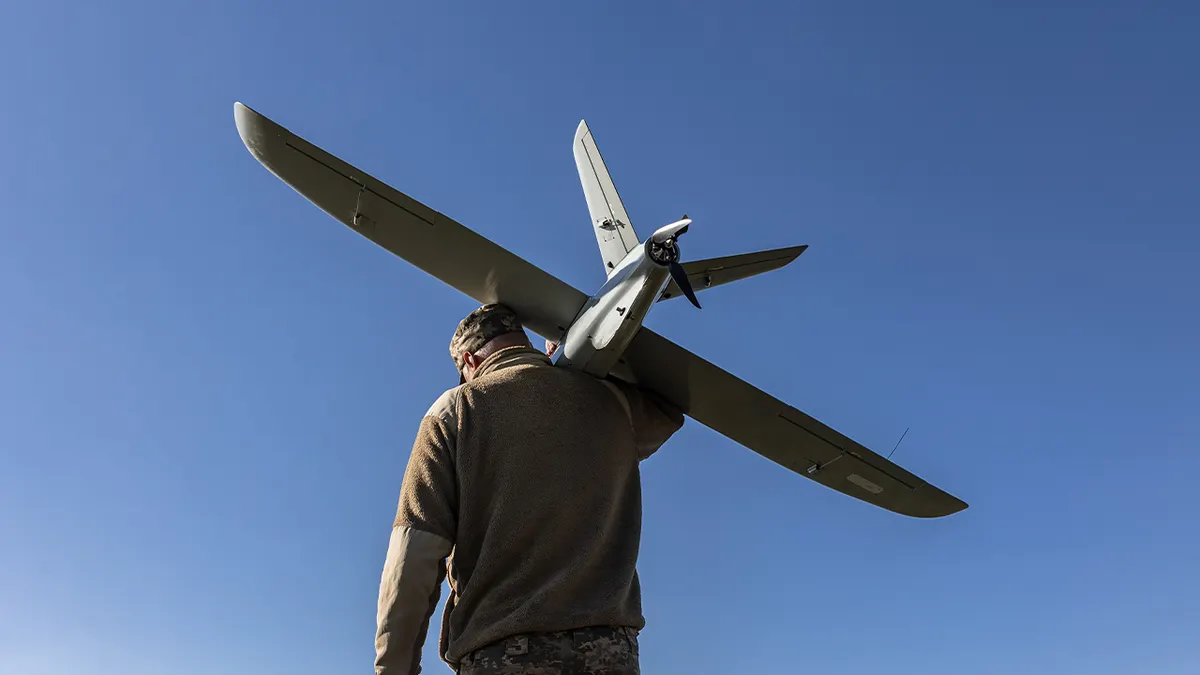
A Ukrainian air intelligence soldier flies a drone in the direction of Bakhmut, Ukraine, May 10, 2024. (Photo by Diego Herrera Carcedo/Anadolu via Getty Images)
CLICK HERE TO GET THE FOX NEWS APP
But Elistratov was probably not referring only to the United States when he praised Moscow's artificial intelligence developments in comparison with its “partners.”
China, a key ally of Russia, has made great strides in AI development and is often seen as the US's main competitor in the race to develop all aspects of the burgeoning technology.
Koffler said that while Moscow is almost certainly outpacing allies like Iran and North Korea in the AI race, Russia is more likely to be “close” to China when it comes to AI development.

